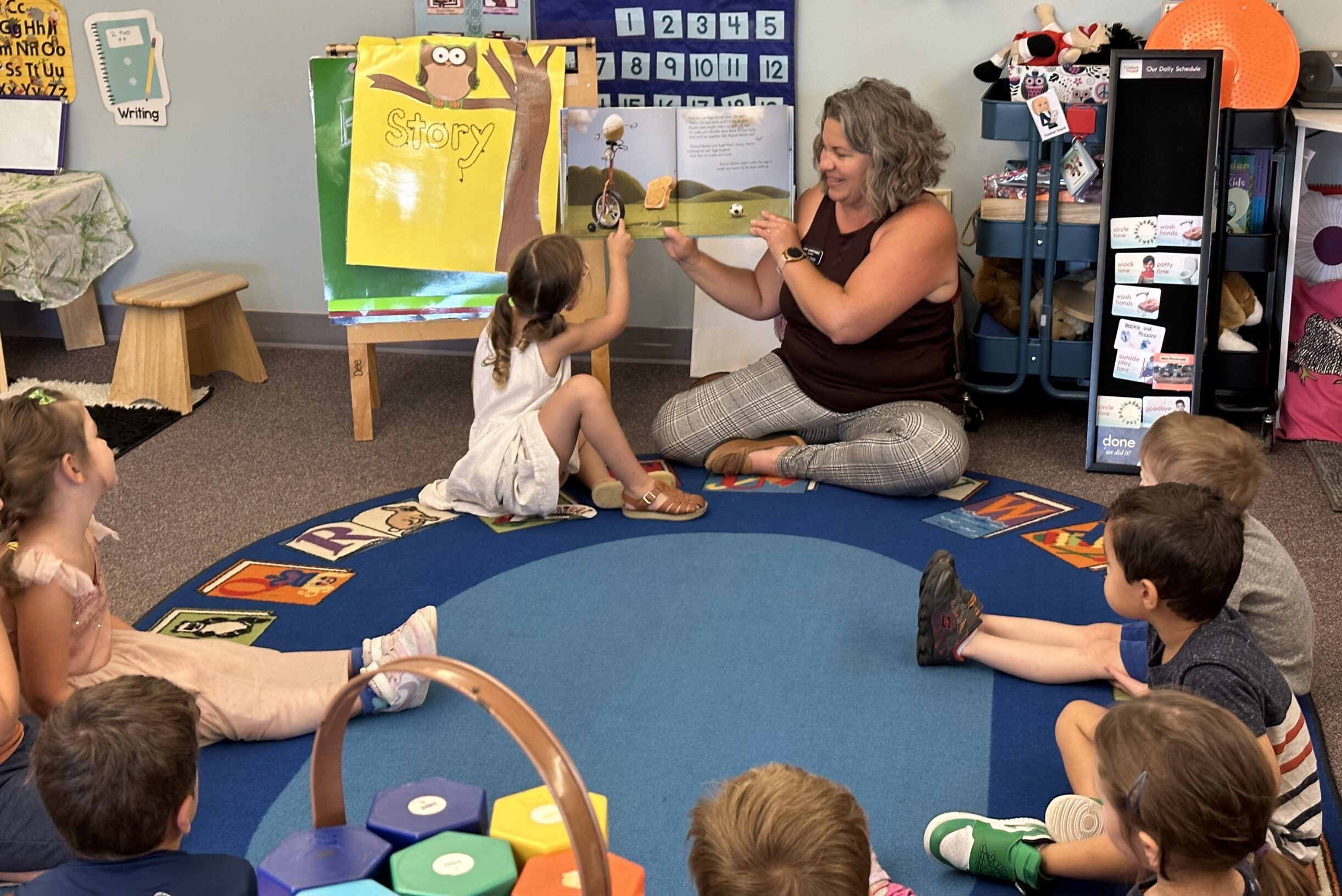A new report shows that Denver’s nationally recognized school discipline policy still isn’t making the grade. Minorities aren’t being treated fairly and too many schools are calling in police when the policy says they shouldn’t. CPR education reporter Jenny Brundin looks at the problems the report finds, and the bright spots. Here's a transcript of her report.
Reporter Jenny Brundin: Standing in the main entrance of Denver’s North High School, Daneka Maestas sighs.
Daneka Maestas: Oh man, back then I would walk through these halls, I was mad. I didn’t like no one, I didn’t talk to no one.
Reporter: The 19-year-old is remembering her days as a high school student, when it seems she did everything but study.
Maestas: Fights, I’d get suspended for talking back to the teachers. I was going through a lot in my life at that time. And instead of heh, do you want to just sit down for about 10 minutes and cool off. Nope, they didn’t want to talk, they just suspended you.
Reporter: She’d go home, hang out and watch TV.
Maestas: And then when you go back to school, and you have no idea what’s going on. You’re lost, because you haven’t been there for the last three days.
Reporter: Lost with no chance of catching up, thousands of students drop out. The situation is so bad, researchers call it the “school-to-prison pipeline.”
Lalo Montoya: You can go to the short term and suspend or expel. But that’s just a short-term fix.
Reporter: Lalo Montoya is a youth organizer with Padres y Jovenes Unidos, or Parents and Youth United.
Montoya: That student’s going to come back. The issues linger. Students don’t go and reflect and think about what happened. They go and hang out, throw ditching parties. That’s not learning from your mistakes. The issue is still their teacher or whoever else they had a problem with. The problem is never resolved. So, it only gets worse.
Reporter: Several years ago, Padres Unidos and a national civil rights group -– the Advancement Project -- pushed for a change in Denver. They argued that most suspensions were for minor things like swearing or violating the dress code. In 2008, they succeeded in pushing DPS to adopt a new discipline policy.
Montoya: So if you go to level A in the discipline ladder is, have a meeting with teacher and student.
Reporter: Montoya is describing the discipline ladder that defines ways to address most student behavior.
Montoya: Level B, teacher, student and parent, level C...
Reporter: Now Padres Unidos has analyzed whether schools have been following the policy, and they’ve handed out grades. The worst grade was an F for how DPS did on one of its central goals: eliminating racial disparities. The report shows that black students are nearly six times more likely to be expelled than white students, and Latino students nearly twice as likely.
Montoya: It’s not about calling people racist or anything like that, but it is about acknowledging that this problem exists and actually committing to taking steps to do something about it.
Reporter: DPS has different numbers, showing the disparities aren’t as severe, but acknowledges work needs to be done. John Simmons is DPS’s executive director of student services.
Simmons: Nobody accepts that as appropriate.
Reporter: DPS will compare numbers with Padres Unidos today. It also looks like many schools aren’t following the discipline ladder – they’re going straight to police. Referrals are actually up. Montoya says less than a third are for serious infractions. The rest are the kind the policy says should be handled in school. But, suspensions are down by nearly 1,000. Still, there are problems. Two high schools posted a 70 percent increase. DPS’s John Simmons:
Simmons: The challenges they face are not all the same. We have some schools that are facing some real difficult issues and they’re working really hard to overcome those.
Reporter: Part of the problem is monitoring. DPS acknowledges that. A new system in January will allow schools to make daily and yearly comparisons at a glance. One bright spot on the report card – the district’s restorative justice programs. It’s a philosophy that brings together students when they fight, instead of suspending them. At North High School, Daneka Maestas was persuaded to talk face-to-face with foes.
Maestas: I guess you find out more than you really thought you really knew. You find out how that person feels. That person finds out how you feel. More of like an understanding between you. She’d be like "I’m going through a hard time in my life and my family," and I’d be like, "you know, I am too." It’s pretty strange how you find out the person you dislike, we have so much in common.
Reporter: At North, suspensions and expulsions are way down. Fights are almost non-existent. Maestas is convinced that without restorative justice, she would have dropped out in 9th grade. She’s in community college now, and has plans.
Maestas: I have a big dream. Always say that, I have a really big dream.
Reporter: She wants to set up a student-led restorative justice program at North -– as a way for graduates like her to give back. Meantime, Padres Unidos, the group that pressed for the new policy, and Denver Public Schools, say they’re both looking forward to meeting today to discuss the report. They want to get all schools to think about discipline differently, ways to really help the kids instead of pushing them out.
[Photo: CPR]
[Photo: Padres y Jovenes Unidos]









